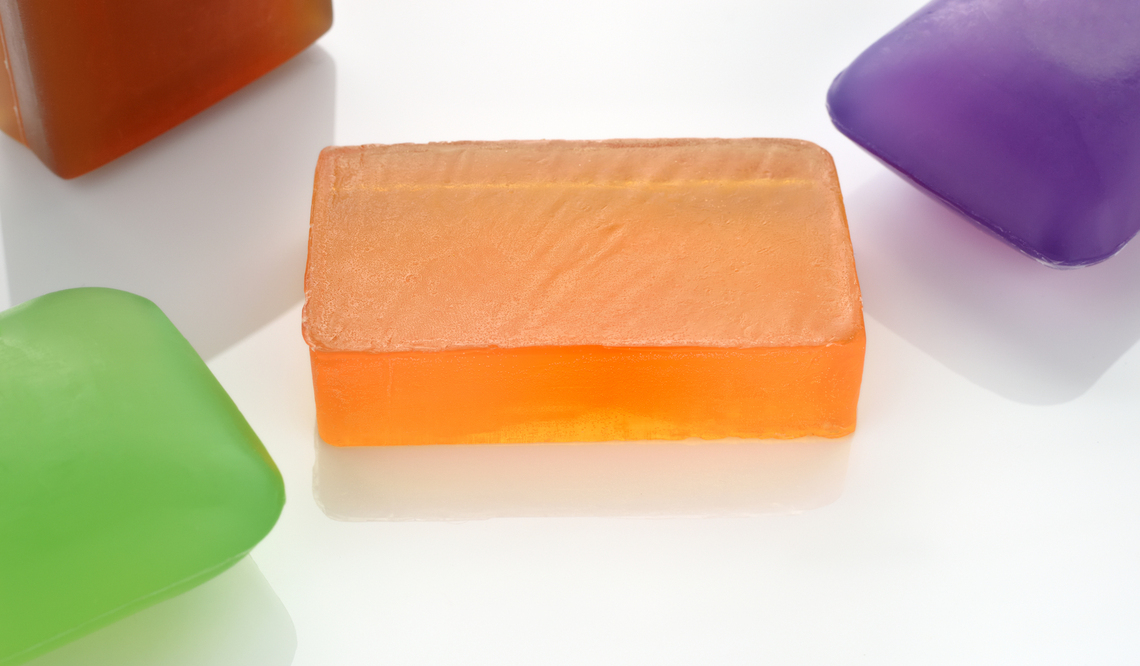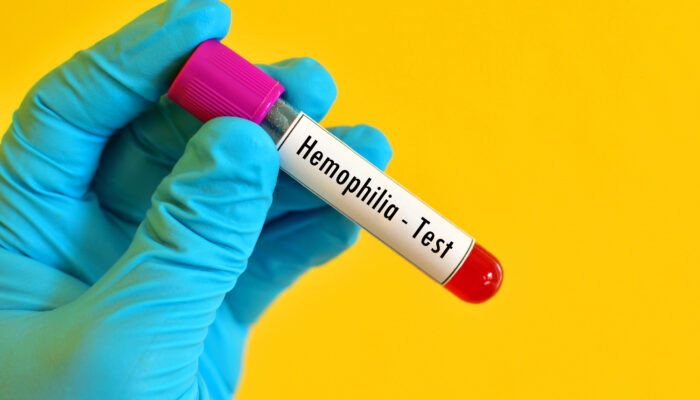
Soaps That Can Trigger Eczema
Eczema is a general term used for atopic dermatitis, a group of different inflammatory skin conditions that cause dryness, redness, scales and irritation. The most common triggers for eczema are a combination of both environmental and genetic factors. Some of these include allergens, soap irritants, foods (such as eggs, wheat and nuts) as well as hormonal changes.
One of the most common triggers of eczema is soap irritants. Therefore, the following soaps that should be avoided for patients with eczema or skin sensitivities:
1. Soaps containing methylchloroisothiazolinone and methylisothiazolinone
Methylchloroisothiazolinone (MCI) and methylisothiazolinone (MI) are preservatives that are used as a mixture in most cosmetic and household products. Soaps containing these two preservatives are now a common trigger for Eczema mainly because they are very strong allergens. Most contact allergic dermatitis are thus triggered by these two components in soaps.
2. Soaps with propylene glycol
Propylene glycol is an odorless, colorless and water-soluble natural gas derivative. It is a component of propylene oxide, which is made from propylene chemical. It is often used with a specific grade and concentration for a number of uses. When used in soap, it triggers eczema and other skin allergies even when used in its most diluted form.
3. Strong fragrance soaps
Most soaps that have a very strong fragrance have a tendency of causing eczema. This is because the soaps trigger itching by causing the skin to dry out. Most fragrant soaps have main additional chemicals and additives apart from the water, Iye and oil that is used for their manufacture.
4. Antibacterial soaps
Most antibacterial soaps have an additive compound known as triclosan. Three out of four cosmetic antibacterial soaps have this compound as the active ingredient. Studies have shown that triclosan can have a negative effect on hormones and other biological processes. Since changes in hormones is one of the main triggers for eczema, then it only means that use of antibacterial soaps will work to escalate the condition further. Another major concern about the triclosan ingredient in antibacterial soaps is that it increases the generation of bacteria that is drug-resistant in the body. This will counter the effects of any drugs that one may be taking to help reduce the effect of eczema inflation.
5. Soaps with cocamidopropyl betaine
Cocamidopropyl Betaine is an enhancer that is viscous and amphoteric; that is often used as a co-surfactant in most soaps. This enhancer is often derived from coconut oil and occurs as surfactant that is natural. It is made from a combination of dimethylaminopropylamine and coconut oil that is raw, to create a surfactant. Despite the fact that it is derived naturally from coconut, it leads to allergic reactions because of its constituent compound known as cocamidopropyl betaine.
6. Soaps with botanical oils
Most botanical soaps are made up of a combination of herbs and botanical oils. Some of these botanical oils include calendula oil, lavender oil and almond oil, just to mention but a few. Most of them are organic and plant-derived, and are thus believed to help treat severe eczema, by reducing the drying effect and itchiness. On the other hand, some compounds contained in these botanical oils could however worsen the situation and lead to severe situations.
Eczema can occur in patients of different age groups. This includes infants, children, teens as well as adults. The symptoms for these different age groups tend to manifest differently. Children are often mostly affected due to the irritation of the itchiness that comes with eczema. Gold bond eczema relief treatment for children should therefore be sought in order to help counter this problem. Most teens tend to experience atopic dermatitis. Atopic dermatitis in teens is very common because of the changes in the hormonal imbalance.



